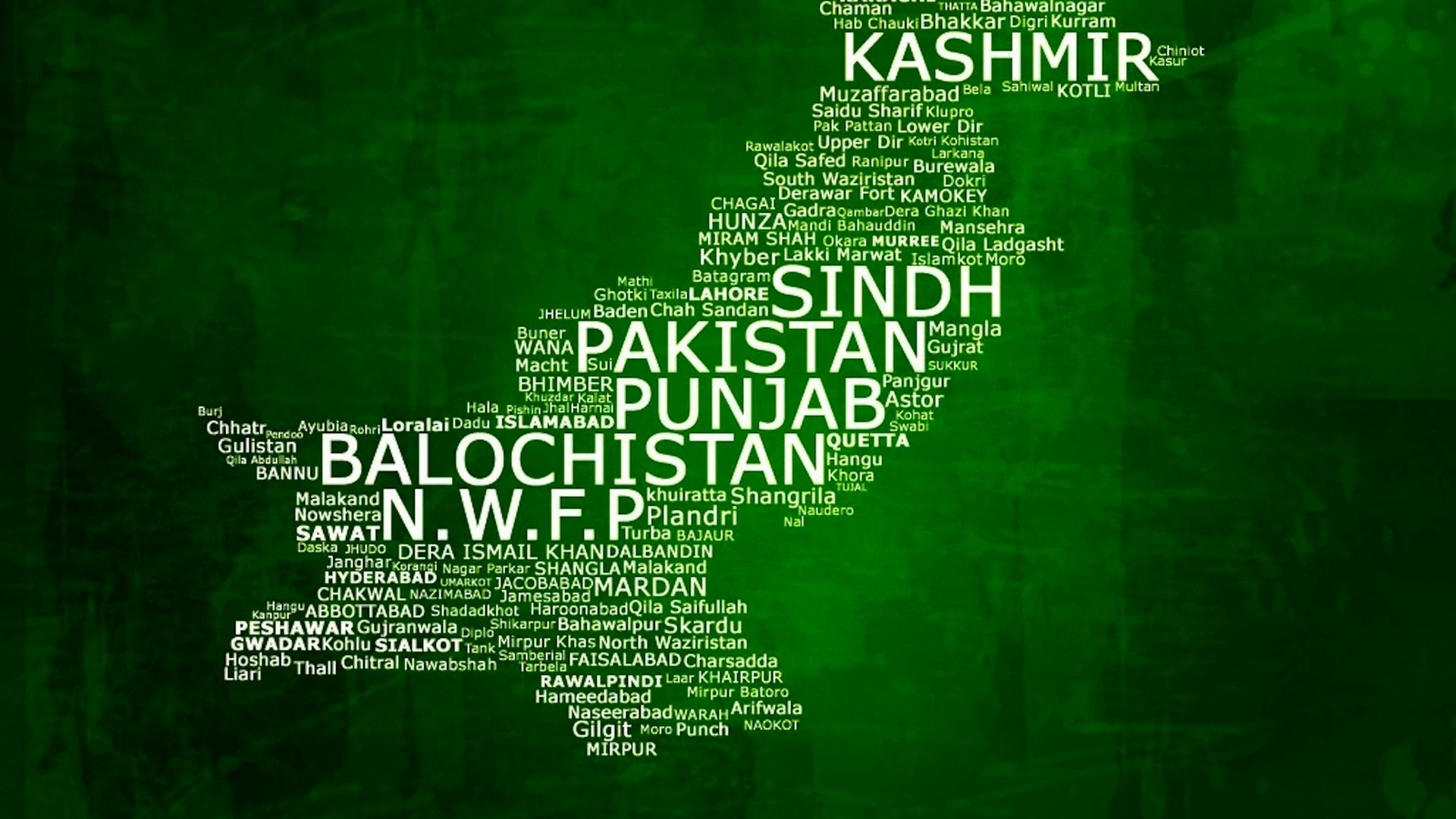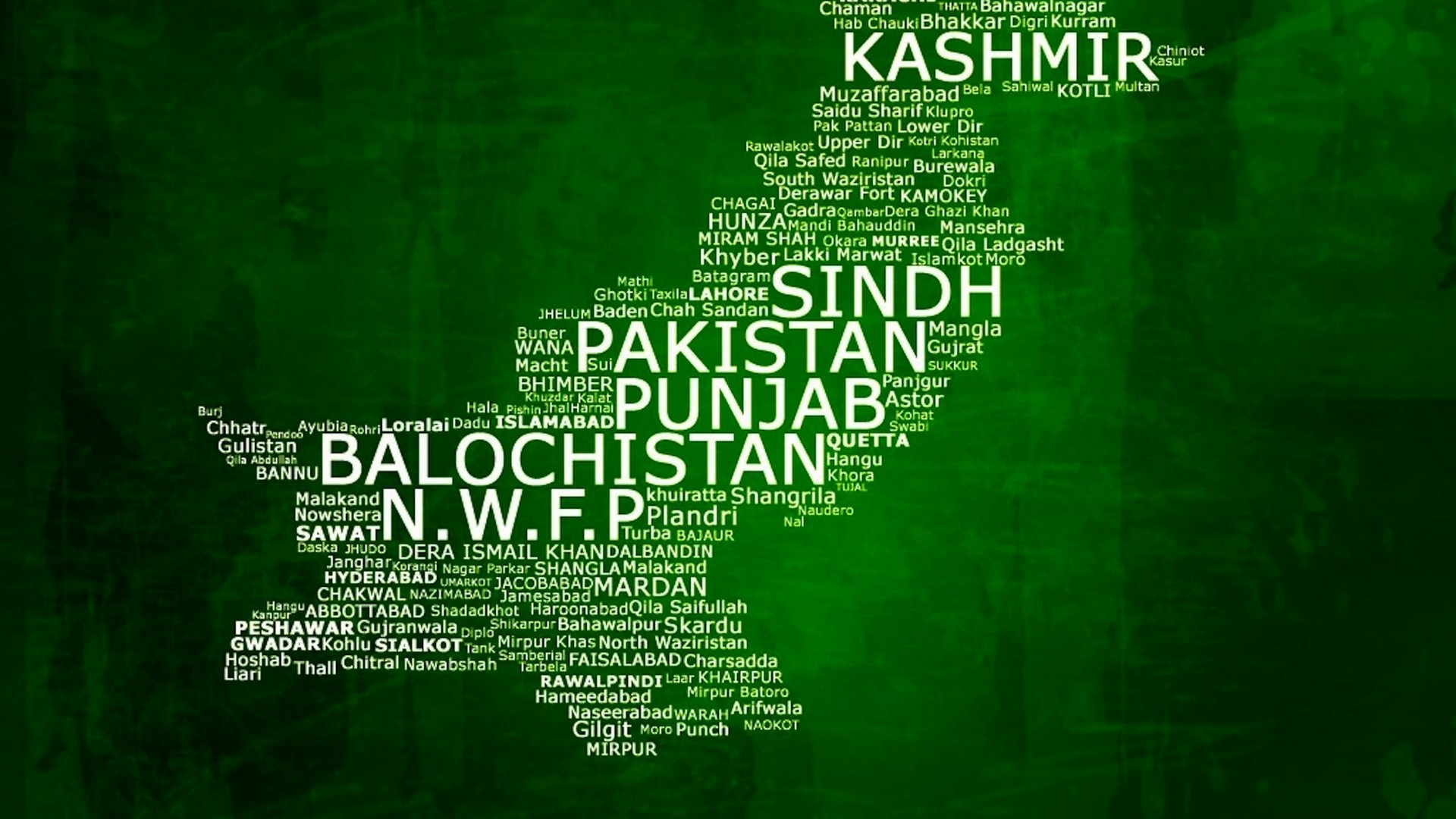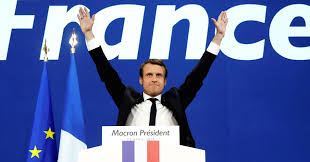Both France and the UK have gone into polls in the months of May and June of the year 2017 respectively. Both, being the nuclear powers and permanent members of UNSC, hold a great importance for the world politics in general and specifically, the EU. Elections in these two countries have given rise to several new debates and have lain to rest some prominent issues which could ensue if the results were different. However, in case of France, the results of the presidential elections have brought a sigh of relief with Emmanuel Macron from neophyte ‘En Marche’ (On the Move) party as president, while, in the UK’s case, they led to a weak i.e. hung parliament which cost the Conservative Party its majority in the British House of Commons. Political parties of Pakistan have many lessons to learn from both these elections.


The Election of Macron: A Great Victory for the EU

With Macron in office, the world will have a strongman standing against businessman turned politician Donald Trump
The first round of the French Presidential election was held on 23 April 2017 with no candidate winning with a majority. Thus, on 7 May 2017, top two candidates, Emmanuel Macron of ‘On the Move’ and Marine Le Pen of the ‘National Front’, contested in the second round. France elected its youngest President, Emmanuel Macron, a pro-EU and pro-business who assured to boost investments while dealing with the high unemployment. He secured 66.1% of the votes in a turnout of approximately 65%. This was a great victory for Macron, France and the EU. President Macron had found En Marche, a centrist and liberal party, in the month of April 2016.
France preferred Macron over Marine Le Pen, who promised the opposite of what Macron had promised. “She wanted a Europe of nations to replace the EU,” reports BBC. His victory was celebrated all around the world. Hillary Clinton termed it a “victory for Macron, for France, the EU and the World”. Another reaction to his victory was, “We are not so stupid in France, finally,” insinuating to the presidential elections in the US in the year 2016. Macron’s victory holds a great significance for the global politics which is shifting to illiberal democracy and has already shifted in some countries. Marine Le Pen had twitted “I give myself six months to negotiate with the EU the return of sovereignty. Then it will be the French who decide.” Her victory would have been another blow for the EU after the Brexit and world would have seen another leader promoting illiberal democracy alongside with Trump and Putin. With Macron in office, the world will have a strongman standing against businessman turned politician Donald Trump along with an unfaltering Angela Merkel-German Chancellor (if she is lucky enough to be chancellor for the fourth term).
UK, Brexit, and Pakistan
Political parties of Pakistan must understand what can bring them majority i.e. being a party for all and restricting itself to a particular region or ethnicity
On the other hand, in April 2017, British Prime Minister Theresa May from Conservative Party called for a snap general election to secure her party’s Brexit mandate. However, 8 June 2017 general elections backfired her motives and led the UK to a hung parliament. With 68.7% turnout, none of the parties contesting the elections could win a simple majority to make its government. Conservative Party led by Theresa May could secure 318 seats while Labour Party led by Jeremy Corbyn could win 262 seats with 43 and 40 in terms of percentages respectively. Overall, Conservatives lost 12 seats while Labour unexpectedly gained 29 seats. Rest of the seats, out of total 650 seats, were secured by Scottish Nationalists (35), Liberal Democrats (12), Democratic Unionists (10), Greens (1) and others (12). UKIP party could not secure a single seat after accomplishing it Brexit mission. From these results, political parties of Pakistan must understand what can bring them majority i.e. being a party for all and restricting itself to a particular region or ethnicity.
A close look at these two elections would give an impression that liberal democracy won over illiberal democracy.
Jeremy Corbyn, with the manifesto of Labour Party committing to scrapping tuition fees, boosting workers’ rights and reversing a series of benefit cuts, was successful to involve the youth in the general elections. The turnout of the young registered voters made the difference in the UK general elections. The turnout of the youth aged between 18 to 25 was 72% as compared to an overall average of 68.7%. The young mostly supported the Labour. Labour’s success is due to the glistening performance of Corbyn. He tried to address the masses and won their favor. He used public transport to be among the audience while May, on contrary, used private transport. This helped Leader of the Labour Party gain popularity which resulted in its 29 seats gained in the House of Commons. However, a simple majority of Conservative would have left the Brexit on the party’s choice which might have led to ‘hard Brexit’. ‘Hard Brexit’ might happen still but the result gave a serious blow to Conservatives motive in this regard. Furthermore, May’s hate speech and encouragement of Islamophobia publicly have also contributed to her party’s loss of simple majority. Moreover, May has announced to form a coalition government with Democratic Unionists Party (DUP) which could grab 10 seats. Her coalition with DUP would impact negatively her already declining support. For Political Parties of Pakistan, a significant lesson is to be learned from this especially when it comes to making coalition governments with less popular parties.
Trump, Duterte, Orban, Le Pen: The Illiberal Democratic mindset

A close look at these two elections would give an impression that liberal democracy won over illiberal democracy. With Trump in the US, Putin in Russia, Duterte in the Philippines, Orban in Hungary; with the victory of hardliner Marine Le Pen in French presidential election, the world would have met with another leader with an illiberal democratic mindset. Things would have gone from bad to worse. In case of UK general elections, one can witness the triumph of popular leadership against an elitist politician who made a move to tighten her grip over Brexit negotiations.
Pakistani politicians must not underestimate the power of public which was mobilized during the last elections by the call for ‘Change’.
With the call for general elections in the year 2018, there are various lessons to learn from these elections for the political parties in Pakistan. It would be naïve to compare the electoral system of Pakistan with that of these two developed European countries. However, Pakistani politicians must not underestimate the power of public which was mobilized during the last elections by the call for ‘Change’. Next general elections would be challenging for various parties, mainly PML-N, PPP and PTI owing to their provincial governments. Parties must address the grievances of the masses and design their manifestos keeping in mind the internal and external issues which Pakistan is faced with. Moreover, it would be harder for the federal ruling party in case if it fails to deliver what it promised before last elections, especially in energy and economic fronts. Otherwise, it might face what Conservatives in the UK and National Front faced in France. From Emmanuel Macron’s victory, novice parties can learn lessons to turn the winds in their favor which seems unlikely though at least for now. Lastly, Jeremy Corbyn’s sparkling performance must be kept in mind to win popularity especially among the youth which comprises 60% of the total population of Pakistan.
By Muhammad Murad
Karachi, Pakistan


